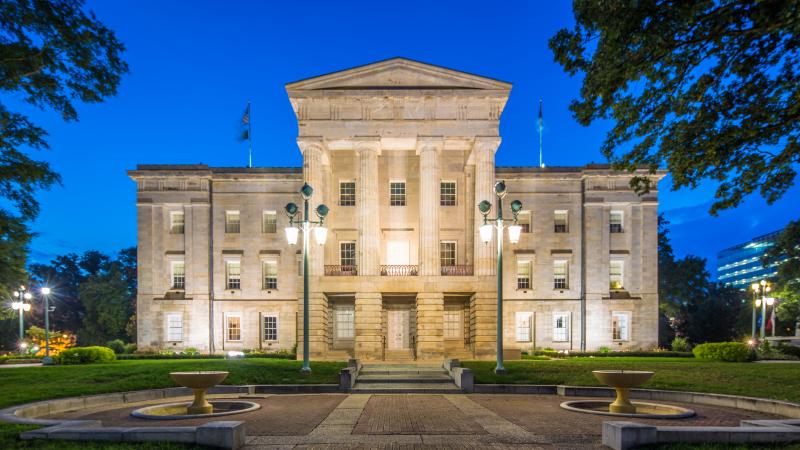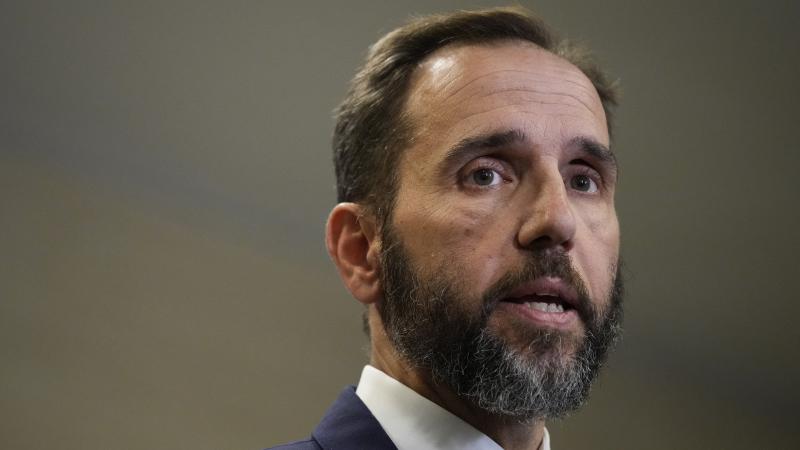California taxpayers could subsidize union dues in future budget years
Line inserted into recent budget legislation suggests tax credit in future for union dues.
In future budget years, California could enact a first-in-the-nation tax credit for union dues, a move critics say would put taxpayers on the hook to foot the bill for the costs of union membership.
In a line slipped into budget trailer legislation this year, the Legislature expressed interest in prioritizing funding for a tax credit in future budget years that would “offset a portion of costs associated with union membership.” The credit, dubbed the “Workers Tax Fairness Credit,” would be subject to future legislation and contingent upon whether multi-year forecasts in the spring of 2024 say the General Fund can support the policy, according to the trailer bill.
If California moves to enact future legislation, it will change California’s tax deduction for union members into a tax credit – meaning taxpayers would be subsidizing a portion of union members’ dues.
While the tax credit is still subject to future budget action, floor reports from the Legislature provide a few details about what the credit would entail. According to a June 13 budget report, “the credit level will be set in the budget each year, but will not exceed 33 percent of dues paid.”
The floor report notes that, though union dues are already tax deductible, “union workers are more likely to not itemize their deductions and therefore do not get the same tax benefit for their dues that higher paid professions are more likely to get for their professional association dues.”
The measure has been praised by labor groups, including the United Food and Commercial Workers Western States Council, which has over 180,000 members. The UFCW praised the proposed tax credit, saying it would “level the playing field” for union workers in a statement in June.
The United Domestic Workers of America, another union organization in support, was unavailable for an interview regarding the tax credit when The Center Square reached out.
Critics of the proposal say a union dues tax credit would essentially shift the burden of the dues from public employees to taxpayers.
“The idea that they’re going to give union members a tax credit, which is really just a dollar for dollar reduction in the taxes they owe… is really just another example of how Gavin Newsom and the regressives in the California General Assembly in Sacramento are trying to trying to use governmental tax policy to get more workers into unions, which means more union dues for political expenditures,” National Right to Work Foundation President Mark Mix told The Center Square.
Critics also note that most workers in the state will not be able to take advantage of the tax credit, as only 15.9% of wage and salary workers in California are unionized, according to the Bureau of Labor Statistics.
Maxford Nelsen, director of labor policy for the Freedom Foundation, claimed that this proposal is likely aiming to “neutralize” the impact of the Supreme Court’s 2018 decision in Janus v. AFSCME. In that decision, the court ruled that public sector unions cannot require non-union employees to pay dues.
Nelsen told The Center Square that this proposal is the most recent “and probably the worst idea in response to the Janus decision.” He said the Janus decision was based on the First Amendment implications of forcing public employees to financially support an organization that engages in advocacy they may not agree with, thereby “lifting the First Amendment burden that would have been placed on public employees.”
“The state of California in moving toward this union dues tax credit would essentially just shift that burden from the public employees to taxpayers, and the government has broad taxing authority to fund all sorts of programs that are controversial and that people feel very strongly about, and this appears to be just a straight workaround,” Nelsen told The Center Square. “They may not be able to force public employees to pay union dues, but it believes that it can force taxpayers to incentivize people to pay union dues.”














